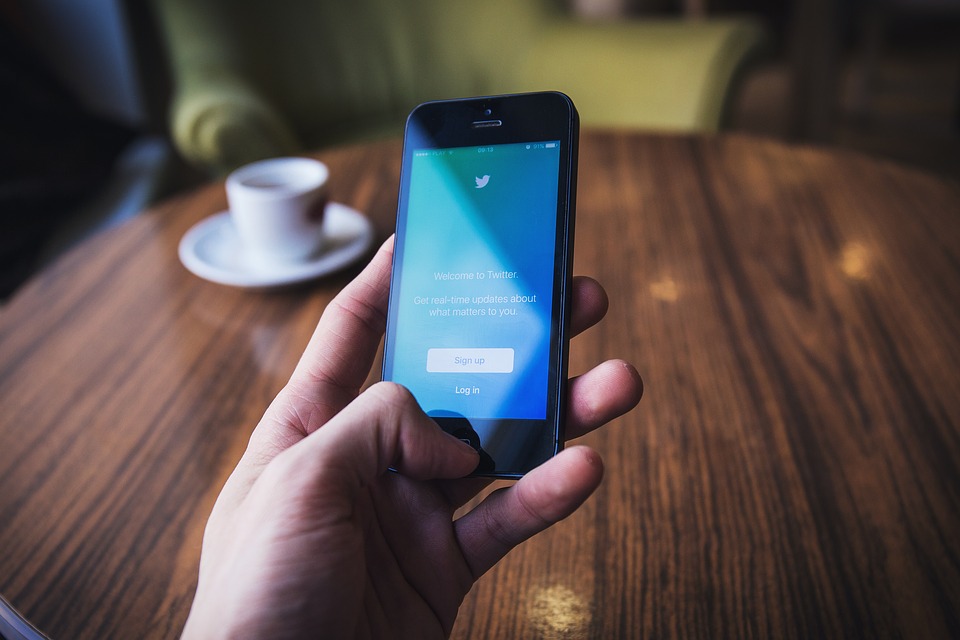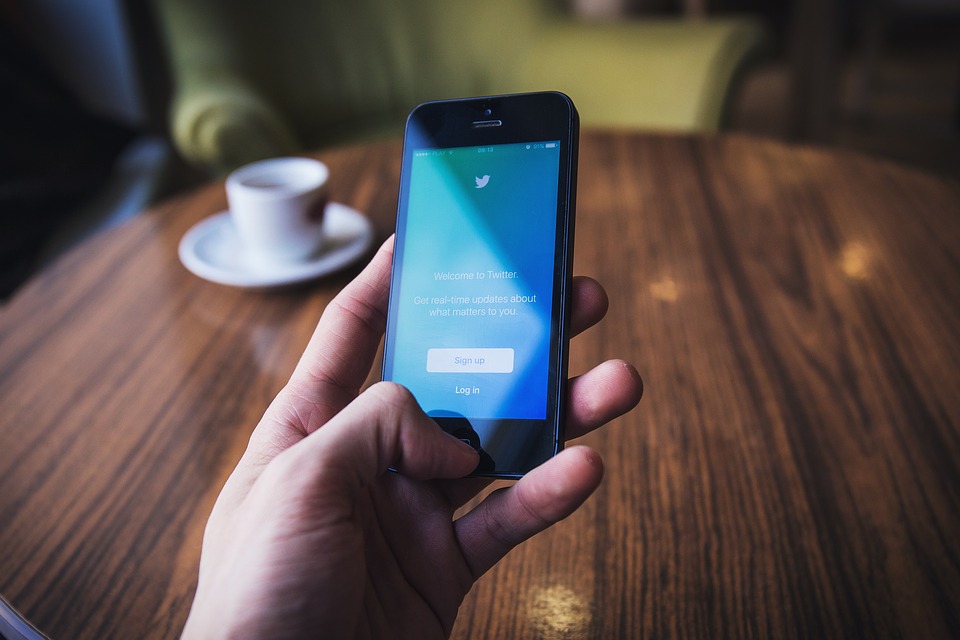The dangers of constant screen time

PIXABAY | PHOTO COURTESY
Will we get to the point where we will ever look away from our phones?
Are phones as spectacular as humans portray them to be and can we determine if the pros outweigh the cons? Phones are starting to take over lives. It is time to put phones down and take back what is rightfully yours: your mind.
“Phones give impersonal access right in one’s back pocket.”
Humans are a social species. Phones put constant human interaction at the ends of our fingertips, but that is not enough. Phones cannot mimic nonverbal communication, phones cannot understand the feel of a room on a Friday night after a long week of classes.
The statement above is true. However, humans are dawning on the era of rationalism; a belief that opinions and actions should be based on reason and knowledge rather than an emotional response. This explains the attraction of a semi-emotionless communication system. The question is, is emotion a bad thing? The simple answer is no.
The purpose of phones is not to lend people a voice, but to take that voice away. Imagine a party where everyone is on their phone or laptop the entire time, thus defeating the purpose of having a party. This is not to say using these devices has to be a bad thing, but there is a time and a place for everything.
“When you use your phone, you become your phone.”
According to Forbes, on average, iPhone users spend a little over four and a half hours on their phones each day. The average American citizen spends roughly 10 hours and 39 minutes each day using smartphones, computers, tablets, or televisions.
To better understand this consider the fact that the average American sleeps for 6.8 hours a day, leaving them with 17.2 hours to be awake. Subtract the average screen time from the hours awake and Americans are left with 6.81 hours a day away from screens. That means the average American spends 62 percent of their day staring at a screen. Not enough time is being devoted to sleep or interacting with life appropriately. You can spend all day online reading about the taste of chocolate, but you’ll never understand its true beauty until you taste it.
“Phones emit radiation.”
The 5G crisis is slowly entering media talks. 5G is the fifth-generation cellular network technology. It is the newest cellular network technology. Phone companies such as Verizon, AT&T, T-Mobile, and Sprint all use 5G.
Thousands of independent studies have been conducted showing that 5G may have adverse health effects such as cancer and DNA damage. 5G is a major increase in wireless radiation from 4G, using 24 gigahertz (GHz) or more, exposing Americans to radiation 24 hours a day, seven days a week.
To this day, no safety studies have been conducted by the U.S. government. However, over 10,000 peer-reviewed independent studies have been conducted suggesting alarming implications like cardiovascular disease, learning and memory deficits, and cognitive impairment.
Takeaway
People should limit time in front of screens, especially their phones. The average American spends over half of their day looking at a screen, emitting themselves to potentially dangerous radiation. Humans are seeing adverse effects in regards to in-person communication skills due to the overuse and simplicity of texting.
Cellular networks are slowly taking control of our lives. Put your phone down and free your mind.
